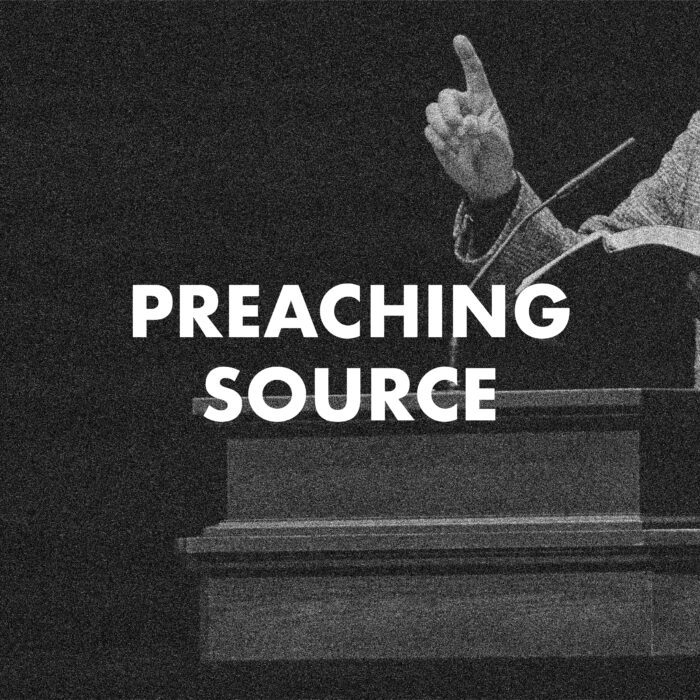Gen. 18:16-33
- Locate the passage
This pericope continues the encounter between Abraham and the “three men.” Having emphasized God’s Covenant Promise to Abraham, now the attention of the men moves to Sodom and Gomorrah.
- Genre
The passage is narrative. It begins with a between the Lord and the other two messengers.
- Determine the structure of the passage
Gen. 18:16-22 – The Lord’s explanation of why judgment is about to happen for Sodom and why Abraham should be included in the conversation
Gen. 18:23-33 – The “negotiation” between the Lord and Abraham regarding how many people are necessary in the city for the Lord to spare their judgment.
- Exegete the passage
18:16 – The men arose and “looked”
- “shaqaph” – The word means “to look down from above”
- This is the first occasion of this word in Scripture
- See also when Abimelech looked down and saw Isaac caressing his wife (Gen. 26:8), or when Michal looked out the window and saw David dancing before the Lord (2 Sam. 6:16), or when Jezebel looked out from her window and saw Jehu below (2 Kings 9:30).
- 19:28 – Abraham will later similarly “look down” towards Sodom and Gomorrah and see the results of the Lord’s judgment.
18:17 – Shall I hide
- It appears from this verse and 18:22 that the Lord is speaking to the other two “men” without Abraham being able to hear this part. However, this conversation assumes another conversation between the Lord an Abraham between 18:21 and 18:22. The Lord speaks of Abraham in the 3rd person (18:17, 18, 19).
- Amos 3:7
- The emphasis of what is not hidden from Abraham emphasizes his role as Divinely appointed intercessor.
18:18 – God’s Promise to Abraham is certain. He will surely become a great nation. The Hb. Infinitive Absolute intensifies the verb “he will become.”
18:19 – I have known him
- “I know him.”
- The Hb. “yada” is the common verb for knowing. Here is implies the concept of Abraham’s election by God as His servant.
- But there is a purpose to the Lord’s “knowledge” of Abraham. The Lord intended to use Abraham to “command his children and his household after him, that they keep the way of the Lord.”
- As the “father” of this multitude, Abraham had the responsibility that every father has – to make sure that his children know the way of the Lord.
18:20-21 – The outcry … is great
- Here is the reason for the Divine judgment
- This outcry (Hb. “za’aq”) likely represents the cry of the oppressed of the city that the Lord has heard.
- Two different words (which sound alike) are used in vss. 20 and 21 for “outcry”
- 20 – Hb. “זַעַק“ (“za`aq”) means, “cry, lamentation”
- Judg. 3;9, 15; 6:6, 7; 10:10; also see 1 Sam. 4:3
- 21 – Hb. “צְעָקָה” (“tse`aqah”( refers to a cry of distress”
- Ex. 3:7 (crying out to God); Ex. 12:30 (cry of despair)
- The words are used similarly in Scripture; taken together the two words seem to suggest an outcry of despair (vs. 20) and an outcry to God (vs. 21)
- 20 – Hb. “זַעַק“ (“za`aq”) means, “cry, lamentation”
18:21 – I will go down
- The anthropomorphic response is not one to “find out” what is happening, but emphasizes the Lord’s purposeful awareness of the situation. See similar language in 11:5, 7.
18:22 – Abraham stood before the Lord
- Apparently, in that moment as Abraham was in the presence of the Lord, the Lord revealed His plan to Abraham.
18:23 – No description is made of the Lord’s explanation to Abraham of His previous conversation with the other “men” regarding why Sodom and Gomorrah will be judged. Abraham recognizes the moral quandary of the “innocent” suffering for the sins of the guilty. The irony of this is that this moral indignation seems to be missing from Abraham’s thought process in regards to the innocence of his wife (Gen. 12:10-20 and 20:1-18).
18:24-32 – Abraham courageously “negotiates” with the Lord and intercedes for the innocent people in Sodom and Gomorrah. The fact that judgment takes place suggests that not even 10 innocent people could be found.
- Jer. 5:1.
- Gen. 20:7 – The Lord’s recognition of Abraham as a prophet
- There is a fundamental difference between Abraham bargaining with God for the sake of others and someone who bargains with God for selfish purposes; i.e. “I’ll do this, God, if you do this for me.”
18:33 – The Lord “sent His way”
- “halak” – means “to walk; go”
- The expression simply suggests that the conversation was completed
- Let the structure of the text drive the sermon
Exp. The passage emphasizes the role of a servant (intercessor) and the righteous judgment of the Lord.
- Interceding for God people
- God reveals His plans to His servants
- God values the role of an intercessor
- God listens as we plead for the souls of others
- Our sin is not hidden from Him
- His judgment is righteous
- Grace within limits …
- The Lord is moved by the Intercession of His faithful servants
Application
- Sodom and Gomorrah are a picture of the world
- Abraham is a picture of the mission of the church in the world





